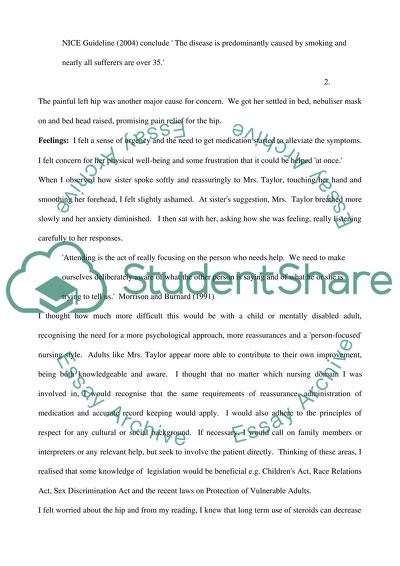Cite this document
(“Adult nursing scenario Essay Example | Topics and Well Written Essays - 1000 words”, n.d.)
Adult nursing scenario Essay Example | Topics and Well Written Essays - 1000 words. Retrieved from https://studentshare.org/nursing/1506279-adult-nursing-scenario
Adult nursing scenario Essay Example | Topics and Well Written Essays - 1000 words. Retrieved from https://studentshare.org/nursing/1506279-adult-nursing-scenario
(Adult Nursing Scenario Essay Example | Topics and Well Written Essays - 1000 Words)
Adult Nursing Scenario Essay Example | Topics and Well Written Essays - 1000 Words. https://studentshare.org/nursing/1506279-adult-nursing-scenario.
Adult Nursing Scenario Essay Example | Topics and Well Written Essays - 1000 Words. https://studentshare.org/nursing/1506279-adult-nursing-scenario.
“Adult Nursing Scenario Essay Example | Topics and Well Written Essays - 1000 Words”, n.d. https://studentshare.org/nursing/1506279-adult-nursing-scenario.


